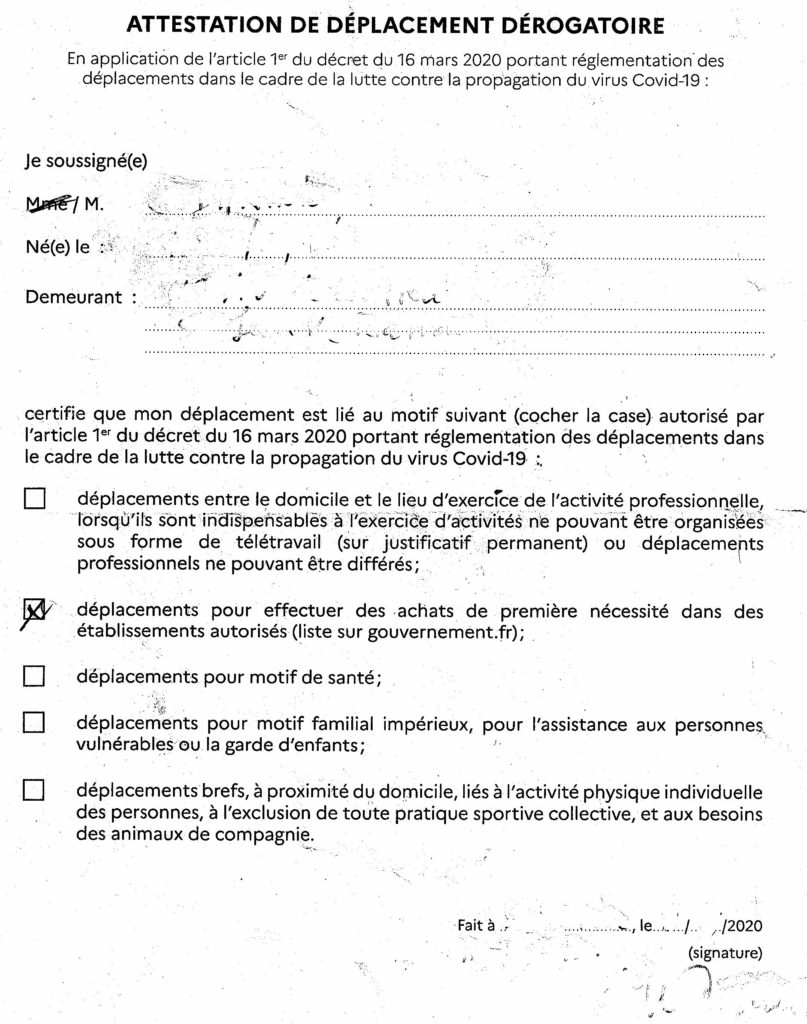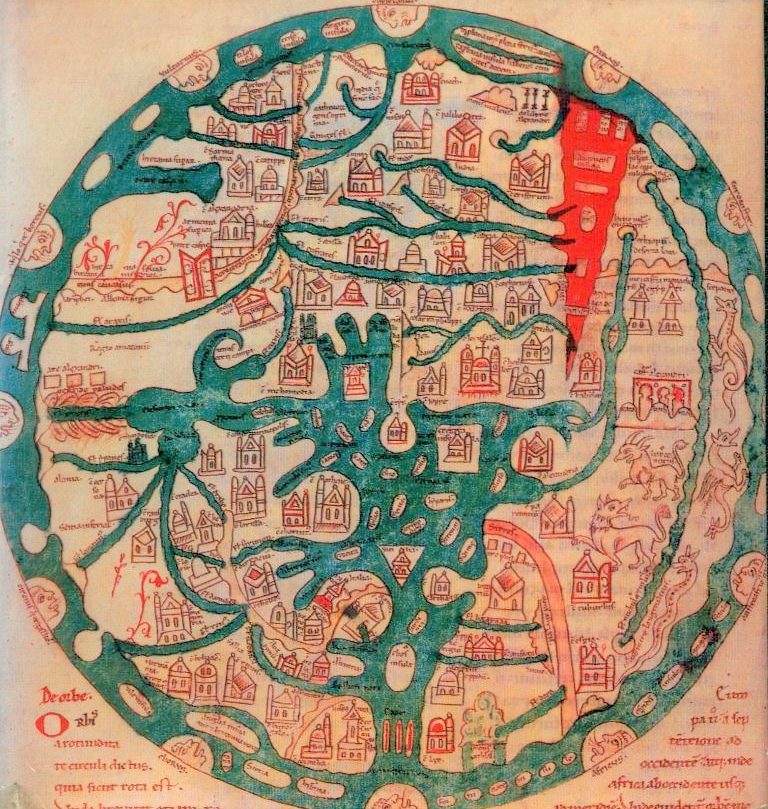Early in the first Covid-19 surge, the Bulgarian political philosopher Ivan Krastev, started to note down his reflections on the political consequences of the pandemic, particularly in Europe. They were published already in the summer of 2020 in a book-essay (Is it Tomorrow, Yet?). Not surprisingly, in view of the still rampant pandemic, they took the shape of ‘paradoxes’: the pandemic reinforces globalization but also de-globalization. Both trends are possible simultaneously, of course in different political and social spheres.
The danger of getting infected promotes ‘staying-at-home nationalism’ which is different from ethnic nationalism because it unifies local people whatever their ethnic origin. Those distrusted in the French countryside were rather compatriots like the second home owners from Paris because they might carry the virus. At the same time, the staying-at-home attitude reinforced the role of governments, both local and national.
As the governments and their policies are getting more in the limelight, not around issues like the admittance of refugees (an issue bringing disruption in the European Union) but as promotors of public health, it also shifts attention to the international setting. People are comparing the performance of their own government in controlling the number of infections and deaths with those in other countries. This also entails emphasis on the need for international cooperation. It is another road to globalization without the customary emphasis on deregulation or liberalization but rather on multilateralism and ‘glocalism’. Whatever its disruptive political issues, the European Union seems rather well fitted to satisfy this model. It not only has a formalized structure to talk about issues that threaten the safety of its citizens but also central funds that may help to mitigate the economic disaster that follows the pandemic. Admittedly, this does not go without heated discussions, but it would be worse without this infrastructure.

